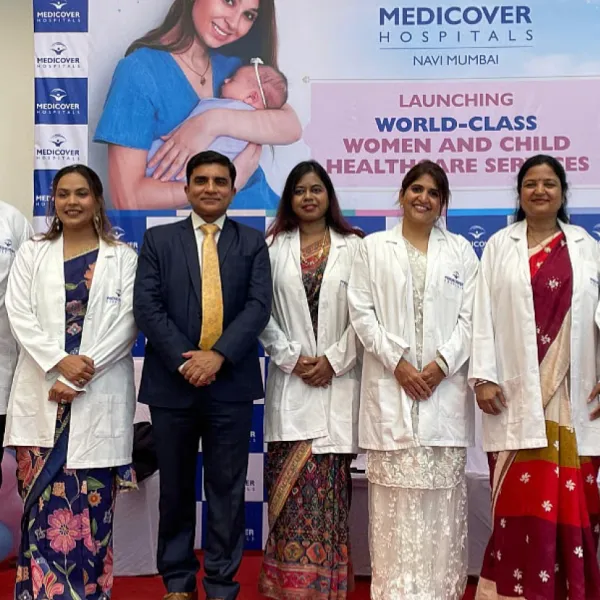Telangana Doctors Lead AI Innovation for Indian Hospitals in ISB–AIG Partnership

The tools are currently being piloted at AIG Hospitals, and early results show over 90% improvement in diagnostic clarity and stronger collaboration between clinicians and engineers.
The Indian School of Business (ISB) and AIG Hospitals have announced a new partnership deal.
The collaboration seeks to bring doctors and data scientists together to co-develop AI tools designed specifically for Indian hospital settings.
The initiative addresses the persistent mismatch between AI innovation and on-ground usability in India’s healthcare system.
The programme involves 30 doctors and AI experts working jointly to build clinically relevant solutions for early diagnosis and treatment planning.
Among the first projects are AI models for early detection of sepsis and fatty liver disease, and a decision-support system for surgeons. Unlike many imported AI models, these tools are designed for India’s patient profiles, workflows, and resource constraints.
“Most AI models are developed separately from clinical practice. That’s why many tools don’t perform well in Indian hospitals. We’re reversing the process by letting clinicians identify problems and creating solutions they can use daily,” said Prof Sarang Deo, Executive Director of ISB’s Max Institute of Healthcare Management.
The need for context-specific AI is particularly urgent in India, where timely diagnosis can be challenging due to strained resources. Sepsis, for example, requires rapid identification to prevent death, while fatty liver disease often goes undiagnosed until advanced stages.
The new AI models can analyze early warning signs from routine tests and patient vitals to flag potential issues, offering critical time savings.
The programme incorporates behavioral design, continuous feedback, and rigorous clinical validation to address this.
The tools are currently being piloted at AIG Hospitals, and early results show over 90% improvement in diagnostic clarity and stronger collaboration between clinicians and engineers.
The fatty liver detection model, in particular, shows significant promise. “In rural areas, scans cost INR 5,000 to INR 6,000 per patient. Our AI model uses routine blood tests costing only INR 200-300,” said Dr Rakesh Kalapala, Senior Consultant Gastroenterologist and Director of AIG’s AI and Innovation Centre. “This can save around INR 1.2 Cr over time, improve access, speed diagnosis, and free up doctors’ time.”
Meanwhile, the sepsis prediction tool targets smaller hospitals and tier-2 and tier-3 cities, where ICU capacity is often limited. “This model helps identify patients who genuinely need intensive care early enough for intervention,” added Dr Kalapala.
While the tools demonstrate high accuracy, Prof Deo and Dr Kalapala emphasized that practical integration is the game-changer.
“Doctors will use AI not because it’s smart, but because it’s usable,” Prof Deo said. “It needs to be fast, embedded in existing hospital systems, and simplify doctors’ work rather than complicate it.”
The team plans to scale these tools across more healthcare facilities and increase training for medical professionals, ensuring AI becomes a trusted and routine part of clinical decision-making.
Stay tuned for more such updates on Digital Health News.
Stay tuned for more such updates on Digital Health News































